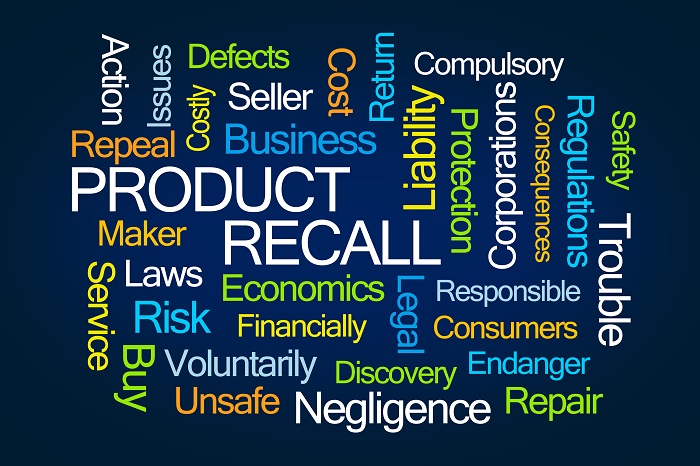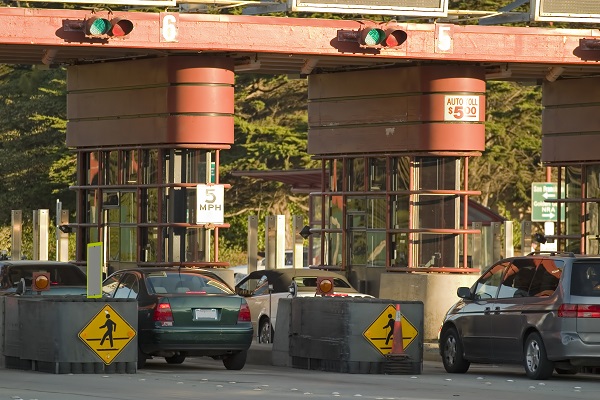The U.S. Court of Appeals for the Eighth Circuit recently reversed a trial court's decision to remand a removed action to state court under the local-controversy exception to the federal Class Action Fairness Act of 2005 (CAFA).
Posts tagged as “CAFA”
The U.S. Court of Appeals for the Eleventh Circuit recently vacated a trial court order denying certification of a class of similarly situated owners of allegedly defective refrigerators for claims against its manufacturer.
The U.S. Court of Appeals for the Ninth Circuit recently held that a defendant that relies on potential punitive damages to satisfy the amount in controversy for removal under the federal Class Action Fairness Act meets that requirement if it shows that the proffered punitive/compensatory damages ratio is reasonably possible.
The U.S. Court of Appeals for the Seventh Circuit recently reversed a trial court’s order remanding a plaintiff’s claims under the Illinois Biometric Information Privacy Act (BIPA) back to state court for lack of subject-matter jurisdiction because she lacked standing under Article III.
The U.S. Court of Appeals for the Sixth Circuit recently held that a lawsuit brought by the attorney general of Michigan on behalf of Michigan residents did not qualify as a “class action” under the federal Class Action Fairness Act (CAFA).
The U.S. Court of Appeals for the Ninth Circuit recently vacated an order sua sponte remanding to state court a putative class action removed under the federal Class Action Fairness Act. In so ruling, the Ninth Circuit held: When a notice of removal plausibly alleges a basis for federal court jurisdiction, a federal trial court may not remand the case back to state court without giving the defendants an opportunity to demonstrate that the jurisdictional requirements were satisfied; The amount in controversy may be based on reasonable assumptions tied to the allegations in the complaint; When a statute or contract…
The U.S. Court of Appeals for the Eleventh Circuit recently reversed a trial court’s certification of an injunction class, holding that the injunctive relief sought by the class was improper because the true relief sought was really damages. A copy of the opinion in AA Suncoast Chiropractic Clinic, P.A. v. Progressive American Insurance Co. is available at: Link to Opinion. In 2012, Florida’s law requiring automobile insurance policies to provide personal injury protection (“PIP”) benefits up to $10,000 was amended so that “not every injured motorist will be eligible to access all $10,000 in benefits.” Coverage is capped at $2,500…
The U.S. Court of Appeals for the Eighth Circuit recently affirmed a trial court’s order denying a motion to remand a putative class action to Arkansas state court based on the federal Class Action Fairness Act’s (CAFA) “local controversy” exception to jurisdiction because the consumer plaintiffs failed to meet their burden to demonstrate that they sought significant relief from a defendant that was a citizen of the state. In so ruling, the Eighth Circuit held that the trial court did not err when it considered extrinsic evidence in the form of affidavits from the defendant company because a court “may…
The U.S. Court of Appeals for the Ninth Circuit recently reversed a trial court order remanding a case to state court for lack of jurisdiction under the federal Class Action Fairness Act (CAFA) because the jurisdictional allegations pleaded provided a short and plain statement of jurisdiction. The Court held this was sufficient, even without supporting evidence, to confer jurisdiction. A copy of the opinion in Ehrman v. Cox Communications, Inc. is available at: Link to Opinion. A plaintiff filed a class action complaint against a defendant in California state court claiming the defendant “had engaged in unlawful business practices related…
The U.S. Court of Appeals for the Second Circuit affirmed the dismissal of a case for lack of jurisdiction because when the plaintiffs withdrew their class action allegations in an amended complaint, the withdrawal divested the court of jurisdiction under the federal Class Action Fairness Act (CAFA). A copy of the decision in Gale v. Chicago Title Insurance Company is available at: Link to Opinion. The plaintiff, an attorney on behalf of himself and a putative class, sued several title insurance company defendants alleging that they had tortiously interfered with business opportunities and violated Connecticut law because under Conn. Gen.…
In a 2-1 decision, the U.S. Court of Appeals for the Ninth Circuit held that a putative class action against state entities and a private contractor for allegedly collecting and sharing personal data without authorization was essentially a local controversy and was therefore correctly remanded to state court under an exception in the federal Class Action Fairness Act (CAFA). Accordingly, the Ninth Circuit affirmed the ruling of the trial court remanding the matter to state court. A copy of the opinion in Kendrick v. Conduent State and Local Sols. is available at: Link to Opinion. The plaintiffs sought to maintain an action in…
The U.S. Court of Appeals for the Ninth Circuit held that the trial court erred in awarding $8.7 million in attorneys’ fees in a class action settlement because it did not treat $20 credits issued as part of the settlement as “coupons” under the Class Action Fairness Act (CAFA). In so ruling, the Court held that, because the trial court included the full face value of the coupons in its calculation of the fee award, the “error require[d] recalculation of the fee award.” Accordingly, the Ninth Circuit vacated the trial court’s attorneys’ fee award. A copy of the opinion in…












